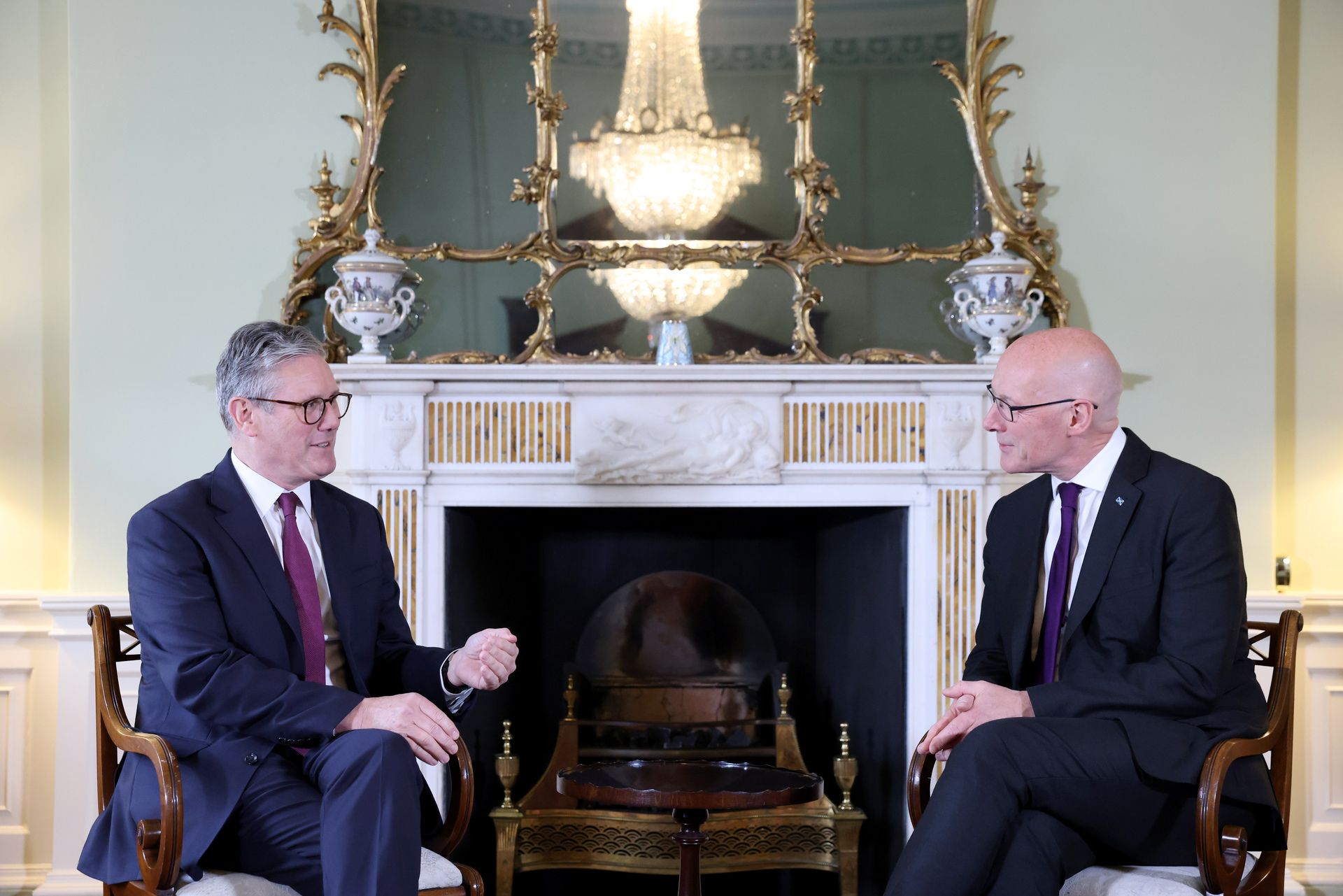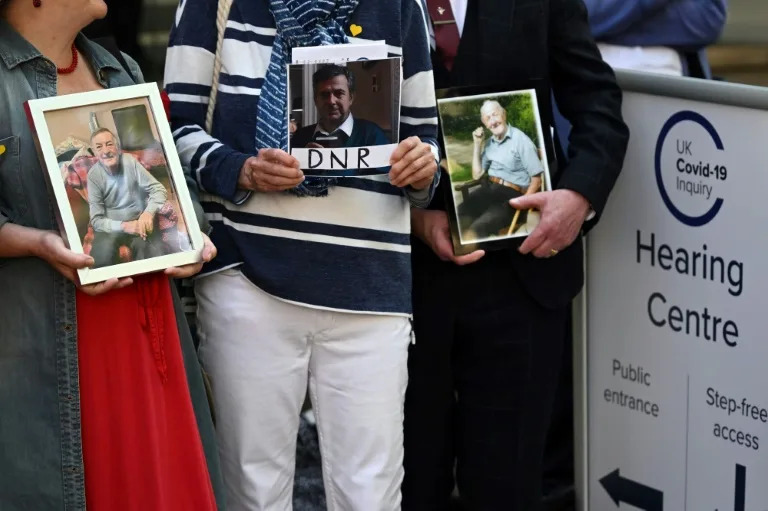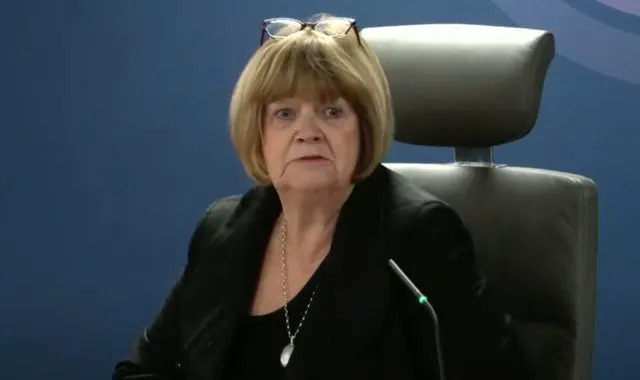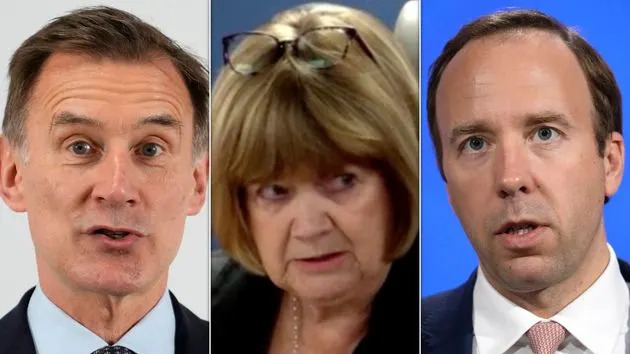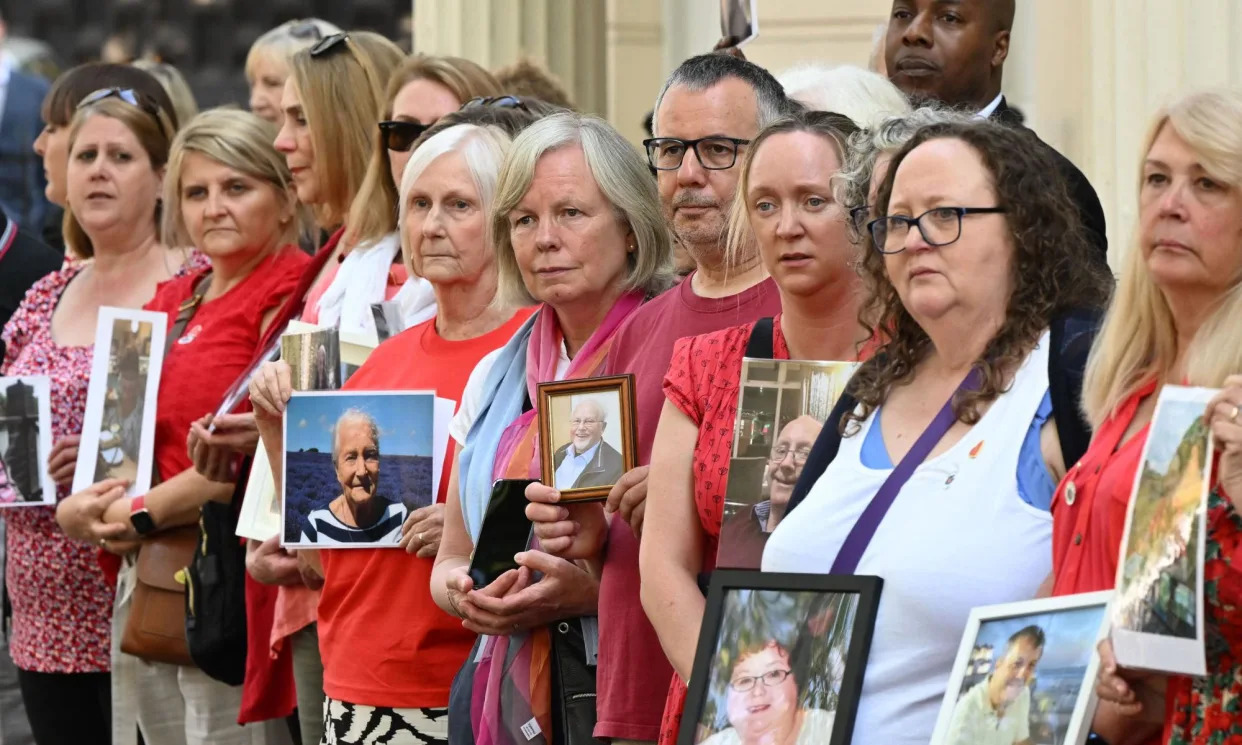Statement marks clear departure from the stance of previous Conservative government, which had often threatened to withdraw from the convention
Aysu Bicer |18.07.2024 -
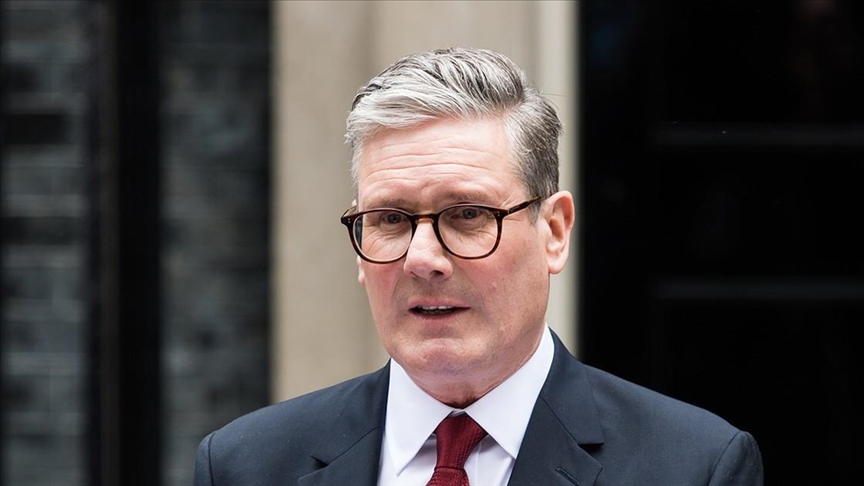
LONDON
British Prime Minister Keir Starmer on Thursday declared that the UK will "never leave the European Convention of Human Rights."
The statement marks a clear departure from the stance of the previous Conservative government, which had often threatened to withdraw from the convention.
In his opening remarks at the European Political Community summit at the Blenheim Palace in Oxfordshire, Starmer emphasized the UK's enduring commitment to Europe, pledging that the country would remain a steadfast "friend and partner of Europe."
He underscored the importance of collaboration in addressing critical issues, particularly the fight against people-smuggling gangs.
Starmer stressed that these criminal networks must not be allowed to operate with "impunity" in Europe, highlighting the need for a united front to tackle such challenges.
Speaking at the birthplace of Winston Churchill, Starmer evoked the former prime minister's legacy of liberty and democracy, linking it to the current need for defiance and resolve in the face of new challenges on the continent.
"Today, as a new storm gathers over our continent, we choose to meet it in that same spirit, and we choose to meet it together. And that is the choice of the government that I lead," he said.
He also called for a reset in relationships with European countries, emphasizing the shared interests and the importance of renewing the bonds of trust and friendship that underpin European life.
He reiterated the UK's pledge to support Ukraine "for as long as it takes," standing firm in solidarity with the Ukrainian people and their fight for sovereignty and security.
Flanked by Ukrainian President Volodymyr Zelenskyy, Starmer addressed 44 European leaders gathered at Blenheim Palace, stating: "The task is urgent, because our security is on the line. Every day Ukraine fights to protect not just the Ukrainian people, but the European people."

